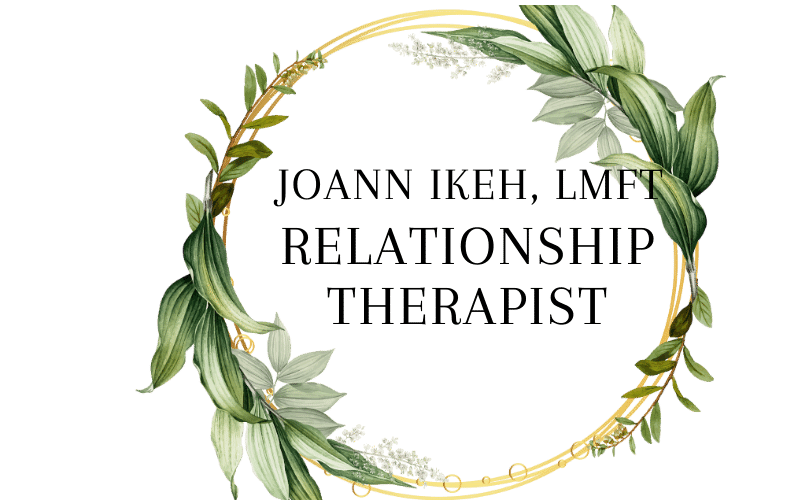What to do When your Partner won’t go to Couple’s Counseling
Couples counseling can be a helpful tool for strengthening relationships and resolving conflicts. However, it can be challenging when one partner is not willing to participate in therapy. If you are in this situation, it is essential to understand why your partner may be resistant and explore alternative options to improve your relationship.
Here are some tips on what to do when your partner won't go to couples counseling:
Understand your partner's concerns: It is important to understand your partner's reasons for not wanting to attend counseling. Your partner may be skeptical about the effectiveness of therapy, feel embarrassed or uncomfortable discussing personal issues with a therapist, or fear that therapy will make matters worse. Understanding your partner's concerns can help you address them and find a solution that works for both of you.
Discuss the benefits of counseling: Explain to your partner the potential benefits of couples counseling, such as improving communication, strengthening intimacy, and resolving conflicts. Let your partner know that you want to work together to build a healthy, fulfilling relationship and that counseling can help achieve that goal.
Be patient and persistent: It may take some time for your partner to warm up to the idea of counseling. Be patient and persistent in your efforts to convince your partner to attend therapy. Avoid pressuring your partner or making ultimatums, which can cause resentment and push your partner further away.
Explore alternative options: If your partner is still hesitant about attending counseling, explore alternative options. Consider attending individual therapy yourself to work on any personal issues that may be affecting your relationship. You may also want to consider couples workshops, retreats, or online programs that offer relationship-building tools and strategies.
Focus on self-care: While it can be frustrating and challenging when your partner won't attend counseling, it's essential to take care of yourself. Focus on activities that bring you joy and help you manage stress, such as exercise, meditation, or spending time with friends and family. Remember that your well-being is crucial to maintaining a healthy relationship.
Couples counseling can be a helpful tool for building a healthy, fulfilling relationship, but it is not always possible when one partner is resistant. Understanding your partner's concerns, being patient and persistent, exploring alternative options, and focusing on self-care can help you navigate this challenging situation and find ways to improve your relationship.
Joann Ikeh, LMFT
onlinecouplecounseling.com



